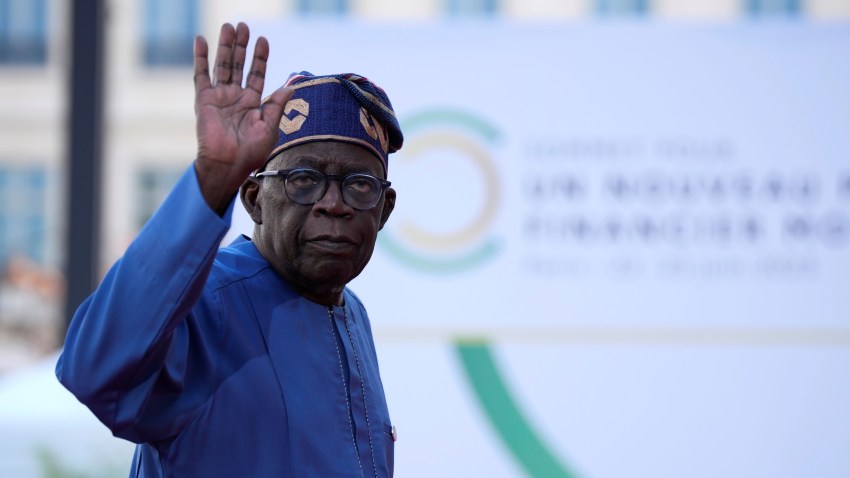ABUJA, Nigeria—One hundred days into his term, Nigerian President Bola Tinubu has mostly lived up to expectations, with few surprises. But that might be because not many Nigerians had high hopes for his presidency to begin with.
Tinubu campaigned for the presidency amid stagnant economic growth, a double-digit unemployment rate, worsening poverty levels, high inflation, food insecurity, a weak currency and pervasive insecurity that claimed the lives of more than 63,000 people during the eight-year presidency of his predecessor, Muhammadu Buhari. Unsurprisingly, in the runup to Nigeria’s general election in February, a survey by Gallup found that Nigerians were widely pessimistic about the country’s trajectory, while only a small fraction expressed confidence about the upcoming election’s integrity.
Tinubu was subsequently declared the winner of the disputed presidential contest, in which he won only 38 percent of the total votes cast—the lowest of any winning presidential candidate since Nigeria’s return to civilian rule in 1999. The polls also featured the lowest turnout rate of eligible voters for a presidential contest since the end of military rule.

